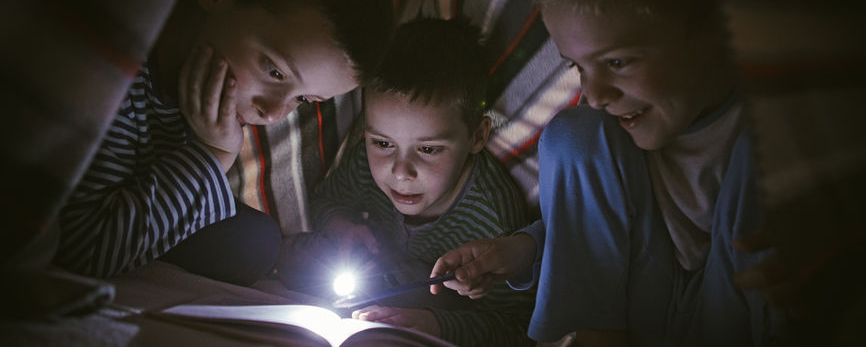Staying Safe in a Power Outage
It’s hurricane season and you know what that means — power losses!
Storms frequently cause power outages which brings a whole host of concerns. Is the water safe to drink? How can the family stay warm without heat? Or cool without air conditioning? What are the best ways to stay fed and hydrated while avoiding foodborne illnesses?
Have a storm safety kit
This is best done when it’s not hurricane season, but it’s never too late to prepare for the worst. Create a kit for power outages with things first aid supplies, medications, flashlights, a battery-operated radio, cash, copies of important documents in a sealed container, and any supplies necessary for children and pets. Knowing your family is prepared is one step to securing peace of mind during an emergency situation.
Prepare food and water in advance
If you’re aware of the risk of outage in advance, freeze containers of water so you can use them to keep food cold in a cooler. Make sure you have a supply of bottled water stored away from possible flood zones. Put leftovers from the fridge into the freezer to prevent spoiling.
Without power, perishables are on a tight timeline.
• A full freezer can keep food safe for 48 hours
• A half-full freezer lasts for about 24 hours
• A closed refrigerator will only maintain a safe temperature under 40° for four hours
Keep away from floodwater
If your home begins to flood, move any and all food and water to higher ground. The rising levels of floodwater can be filled with dirt, silt, chemical runoff, bacteria, and other nasty germs that can make you and your family sick. If your food is not in a waterproof container and has been in contact with floodwater, throw it away.
Avoid electrocution
Water and electricity are a bad mix. If you’re outside, stay away from downed lines and wires, as well as any debris that is near them. If your home is flooding, shut down your main breaker if possible — but avoid the circuit breaker if it means you have to tread through water. It’s better to have your utility company turn them off. Even if your power is out currently, you’ll want to avoid the risk of a surge when it comes back on. In some cases, floodwater can become energized if power outlets in your home have been flooded. When in doubt, call your utility company for help.
Consider a generator
During a blackout, a generator can power essential equipment like your refrigerator, thermostat, and sump pump — things that become muchmore important when you have babies or young children in the home. Make sure you know how to use a generator safely. Be sure to install carbon monoxide alarms throughout your home.
Once your power comes back, dispose of any food that shows signs of spoilage and clean up any damage with caution. Electrocution is still possible if there is standing water or if your outdoor appliances are wet, so be careful and don’t hesitate to reach out to your utility company.
Stay safe!




